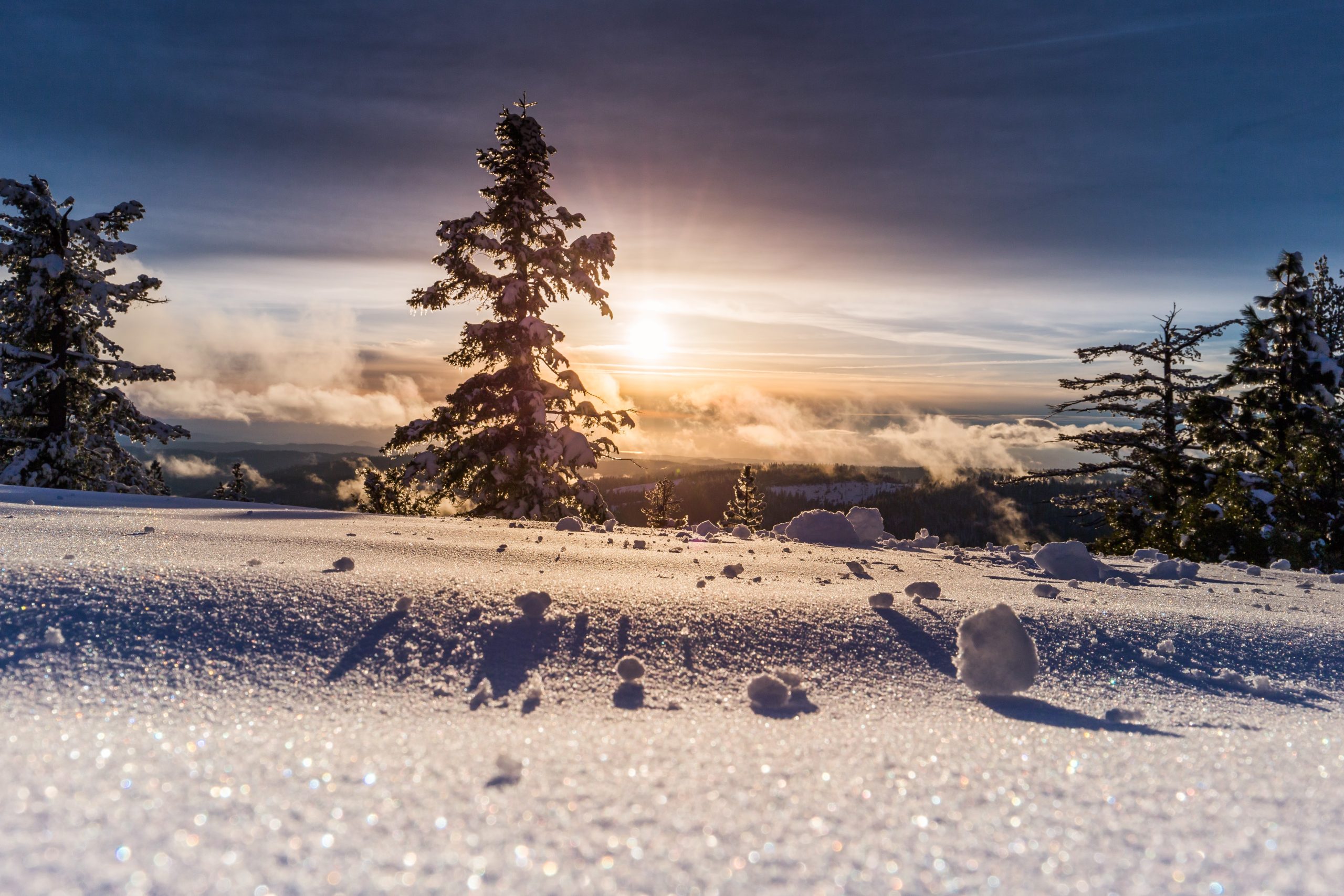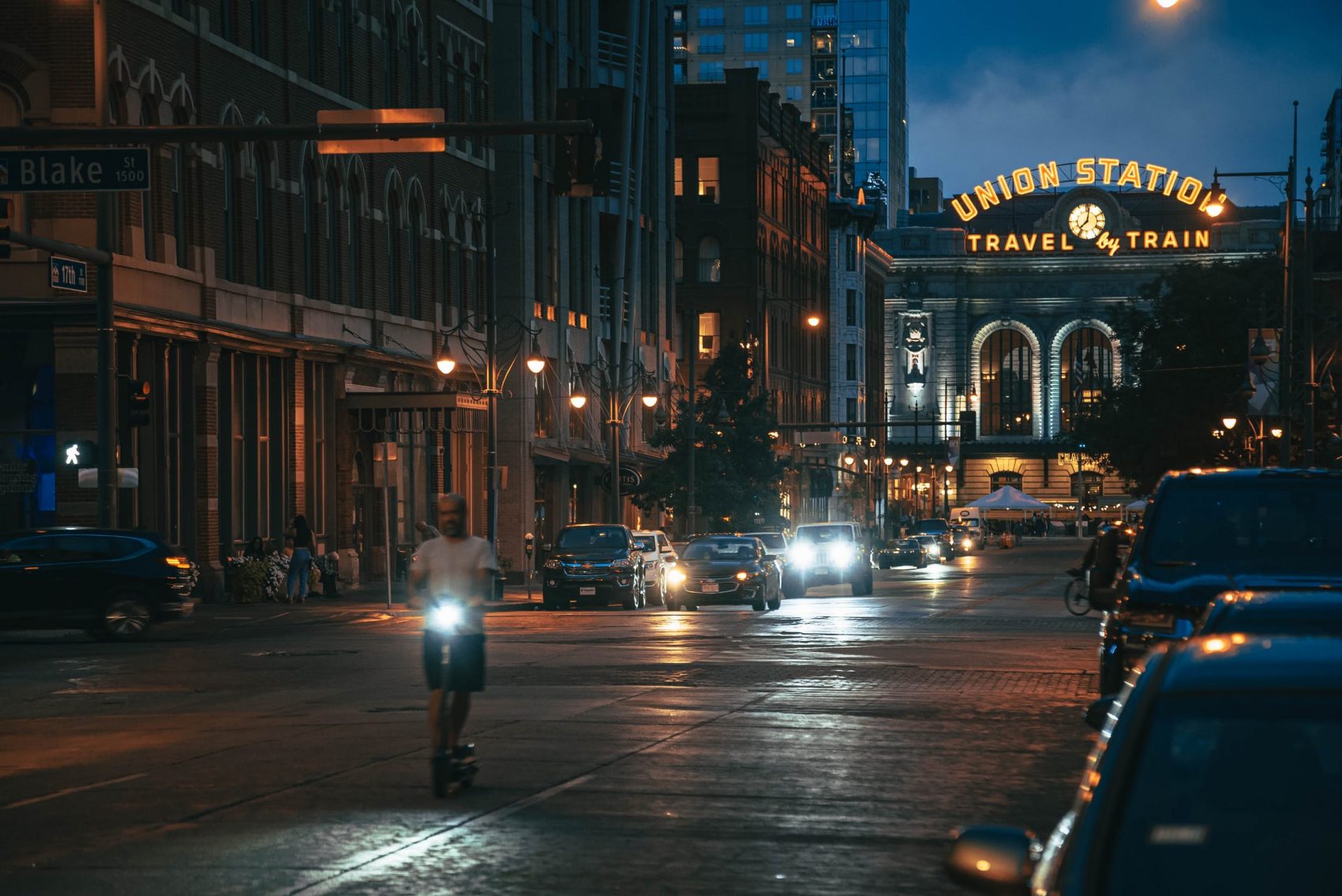
With the blisteringly hot summer we all just experienced, it’s hard to comprehend how early Denver’s earliest recorded snowfall was. On September 3rd, 1961, Denver, Colorado, received 4.2 inches of snow, according to 9NEWS.
Typically, Denver experiences a maximum temperature between 74 and 81 degrees Fahrenheit in September, with the minimum temperature only falling between 45 and 50 degrees Fahrenheit, as reported by Current Results. For snow to fall, the temperature must be around freezing at 32ºF or colder. Even with the average annual minimums, they are nowhere close to how frigid it must be to receive snowfall.
Last September, Denver hit a 101º high on September 5, making it Denver’s latest 100º temperature recorded. While the blazing heat isn’t out of the ordinary for most American states’ early fall weather, Denver expressed somewhat of an unbalanced couple of days, with the city receiving an inch of snow only three days later on September 8. Though this statistic doesn’t seem unusual compared with the recorded snowfall, snowfall in September is “highly unusual.” According to the city’s Central Park Station, the snowfall last September was the first notable snowfall in September since 2000. Denver tends to expect its first snow around October 18, which is the average first day for snowfall.
While the early snowfall is entertaining to observe, it won’t necessarily be useful, as the fluctuating weather would destroy it immediately this early in the season. Denver’s prime months for snowfall are February and March, receiving a combined 47.5 inches compared to September’s 1-inch last year. According to Jim Kaline, a meteorologist at the National Weather Service in Boulder, Colorado; February, March, and April of 2021 all experienced above-average snowfall.
As far as the ending of the snow season goes, it’s almost as uncertain as its beginning. Snow in May is necessarily unexpected but occurs about 50% of the time. As reported by Washington Post: “measurable snow has fallen on May 10 or later there in seven of the past 15 years.” Analysts can work hard to predict the weather, but citizens of the populated Colorado city are always at risk for a blazing or blurry surprise come September.
